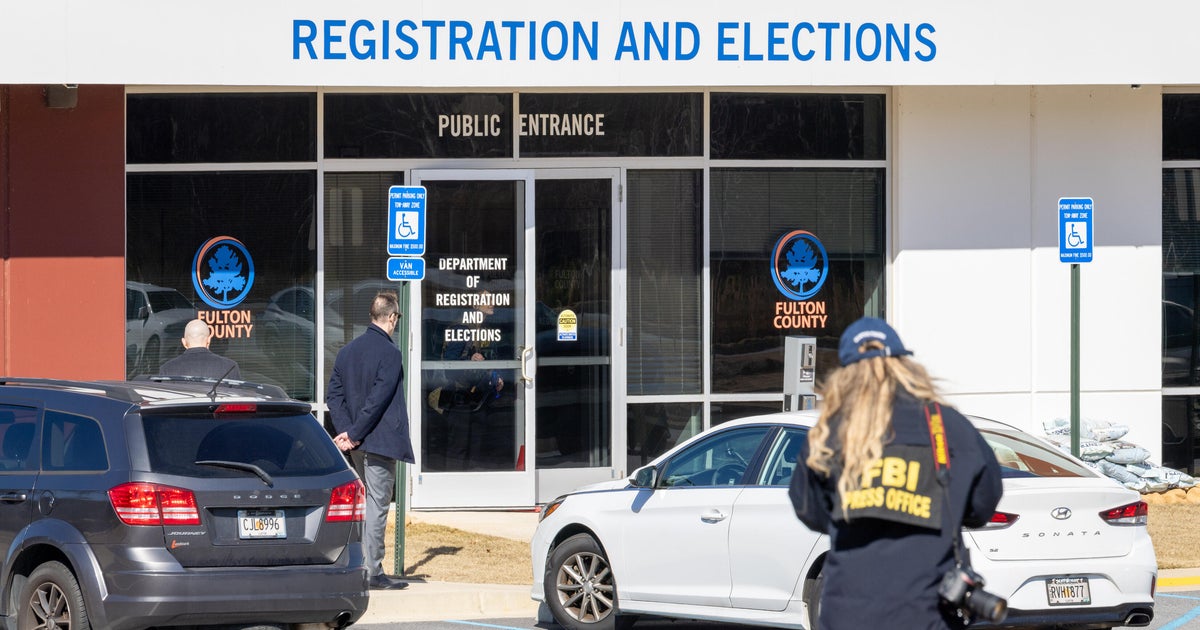Markets predict Clinton will beat Trump
As America votes, bringing to a close the most cantankerous presidential contest in modern memory, markets far and wide are expecting Hillary Clinton to win. Billions of dollars are riding on this projection, but of course, that doesn’t guarantee it will happen.
Clinton, viewed among investors as the status quo candidate, seems less inclined to take wild steps that would upset the markets. While she has inveighed against Wall Street on the campaign trail, she also has been a friend to the financial services industry as a Democratic senator from New York. Her deliverance during the weekend from more FBI trouble over her email has given markets new heart, and they rallied on Monday after a swoon of more than a week.
Disrupting the status quo is the watchword of her Republican rival, Donald Trump, to the dismay of the investment community. He promises draconian crackdowns on trade and immigration, and he upsets many with his take-no-prisoners style. “Combined with his nontraditional campaign persona, Clinton represents a more known and welcomed outcome,” wrote Jason Pride, director of investment strategy with asset manager Glenmede, in a report.
Wall Street analysts widely believe that, if Trump is victorious, the result would be a stock market bloodbath. Macroeconomic Advisers has predicted that a Trump triumph would shave 7 percent off the S&P 500 stock index, wiping out more than $1 trillion in market value.
Certainly, a Clinton win is hardly a forgone conclusion. Many polls put her in the lead, but not by wide margins. The latest CBS News poll shows Clinton at 45 percent and Trump at 41 percent. In the 1980 match-up between incumbent Democrat Jimmy Carter and GOP challenger Ronald Reagan, the polls were tight throughout the fall, with the final Gallup survey showing 47 percent for Reagan and 44 percent for Carter. On Election Day, though, Reagan won handily, 51 to 41 percent.
For the moment, however, markets are signaling their expectation that Clinton will be the next president:
Stocks. In the wake of her FBI exoneration over the weekend, the market’s Monday rally erased much of the nine-day slide it suffered through last Friday, the longest losing streak since December 1980. During those nine trading sessions, the S&P 500 slumped 3 percent. The 2.2 percent advance on Monday, to 2,131, is within hailing distance of the most recent high on Oct. 24, of 2,151.
The nine-day market descent gained impetus following FBI Director James Comey’s Oct. 28 bombshell announcement that the bureau was examining a new trove of emails that might be relevant to its earlier investigation of Clinton’s private email server. But the stock retreat was hardly a rout. As Mohamed El-Erian, the chief economic adviser to financial services giant Allianz, put it in a commentary, the drop was a “remarkably orderly and gradual repricing of risk on account of higher political uncertainty ... for a high probability Hillary Clinton victory.”
Accompanying the recent downdraft was a surge in the so-called fear gauge, a.k.a. the CBO Volatility Index or VIX. But once Comey cleared Clinton on Sunday, the VIX did an about-face, as well. It had climbed from 13 on Oct. 24 to 22 last Friday, then slipped back to 18.7 on Monday.
Markets around the world rose Monday. For example, Britain’s FTSE 100, which had been drooping for five days, scored a 1.7 percent gain, and Japan’s Nikkei, also off for five days, rose 1.6 percent.
Election markets. These bourses, where people wager on who’ll prevail on Election Day, display an overwhelming belief that Clinton will take the White House. Predictit gives Clinton 82 percent odds of winning, and the Iowa Electronic Markets finds her chances of victory at 80 percent. The two-party vote breakdown for the candidates is 53-46 percent, favoring Clinton, the Iowa group says. The odds are similar for the three betting sites based in the British isles: Ladbrokes, Paddy Power and Betfair.
Mexican peso. While the U.S. dollar enjoyed an upturn versus world currencies on Monday, the conspicuous exception was the Mexican peso. It gained almost 2 percent over the weekend, after the Comey news, amid perceptions that Trump would not become president. From Trump’s announcing his candidacy in 2015 to the current day, the Republican nominee has slammed Mexico as a foe, complaining that its illegal immigrants were criminals and that it lured U.S. manufacturing jobs south of the border, harming American workers.
Trump has proposed slapping a 35 percent tariff on Mexican goods, which would hurt its economy. Nearly 80 percent of Mexico’s exports go to the U.S. With a GDP of $18.5 trillion, the U.S. has the globe’s largest economy, dwarfing that of Mexico ($1.1 trillion, 15th place).
Gold. The price of gold tracks Clinton’s political fortunes well lately, and those of economies from Britain to China. The ultimate refuge investment when economic turmoil looms, or appears to, gold fell almost 2 percent on Monday. The yellow metal had pushed upward in price for much of the year, due to fears about slowing international economies and Britain’s vote to leave the European Union, as well as improving prospects that Trump would gain the Oval Office.
The kiddie poll. Up to now, perhaps the most unerring predictor is the straw vote of students at the Benjamin Franklin Elementary School in Yorktown Heights, New York. The youngsters have correctly called the presidential election outcome since the school opened in 1968. Kids from kindergarten to fifth grade study the candidates’ stances on issues, avoiding personalities and poll showings, then cast mock ballots. A possible reason for the kid vote’s accuracy may be the school’s diverse makeup, with pupils from a variety of ethnic and economic backgrounds.
The school’s tally for this year’s election: Clinton beats Trump, by 52 to 43 percent.



